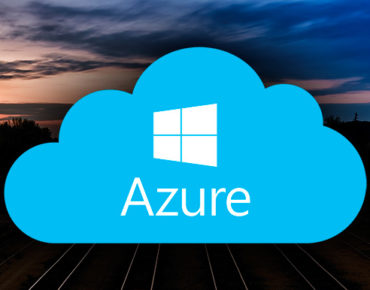Red Hat, Microsoft Extend Alliance to SQL Server

Red Hat continues to expand its ties with major cloud providers with the addition of the latest version of Microsoft SQL Server on its flagship Linux platform.
Separately, the open source and cloud infrastructure specialist (NYSE: RHT) announced it would revise its liberal patent policy. The new guidelines are intended to "protect open innovation," the open-source software vendor said last week.
The moves come as Red Hat continues to gain market momentum, with partners such as IBM (NYSE: IBM) and Microsoft (NASDAQ: MSFT) embracing its OpenShift application container and other cloud components. The company said Monday (Sept. 25) users would now be able to run Microsoft SQL Server 2017 on Red Hat Linux Enterprise (RHEL). The combination would allow them to combine the enterprise database and analytics features with the Linux platform for applications such as Internet of Things and container deployments.
Jim Totten, general manager of Red Hat's platform unit, promoted the addition as providing a consistent database experience across the hybrid cloud where SQL Server is available on Microsoft Azure and other access points. RHEL would serve as "the common bridge," Totten noted in a blog post.
The partners also are touting the combination as a way for developers to generate pre-configured deployments of SQL Server.
Microsoft and Red Hat announced an expansion of their cloud partnership in August with the goal of simplifying container adoption in hybrid cloud deployments. The alliance includes native support for Windows Server containers on Red Hat OpenShift and access to OpenShift on the Azure cloud.
Red Hat claims its OpenShift distribution is the first based on the Kubernetes container orchestrator to support both Linux and Windows container workloads on a single platform across hybrid cloud deployments.
Analysts welcomed the collaboration. "The fact that it recently expanded its partnership with Microsoft's Azure to make the process of adoption of cloud containers easier, Red Hat should continue to deliver strong recurring revenues from its cloud-based technology," Nasdaq market contributor Richard Saintvilus said in a note to investors on Monday (Sept. 25).
Meanwhile, Red Hat announced expansion of its patent policy dating back to 2002 that stated it would not enforce its patents against open source software. Its original "patent promise" was designed to discourage "patent aggression" against open source software by extending the "zone of non-enforcement."
The expanded patent policy "now covers the lion’s share of open source code and continues to cover all of our patents," Michael Cunningham, Red Hat's executive vice president and general counsel, noted in a statement.
Red Hat and a growing list of open source vendors along with industry groups such as the Linux Foundation have helped turn the open source software market into a juggernaut that is now being courted by proprietary technology giants like IBM and Microsoft. That embrace, critics note, reflects their "enlightened self-interest" as the open source community continues to drive enterprise innovation in areas such as micro-services and emerging cloud-native applications.
Related
George Leopold has written about science and technology for more than 30 years, focusing on electronics and aerospace technology. He previously served as executive editor of Electronic Engineering Times. Leopold is the author of "Calculated Risk: The Supersonic Life and Times of Gus Grissom" (Purdue University Press, 2016).










